The 1960s were a time of change, innovation, and, of course, some pretty interesting job roles. Back then, certain careers were commonplace, but today, they’ve vanished or evolved beyond recognition. It’s fascinating to look back and realize just how much the job market has shifted in the past few decades.
From payphones to telegrams, the world has changed so much, and so have the types of work people did. In this list, we’ll take a look at 15 jobs that were once a big part of the workforce but are now either extinct or unrecognizable. It’s a reminder of how quickly things can evolve—and how much we take for granted today.
Milkman
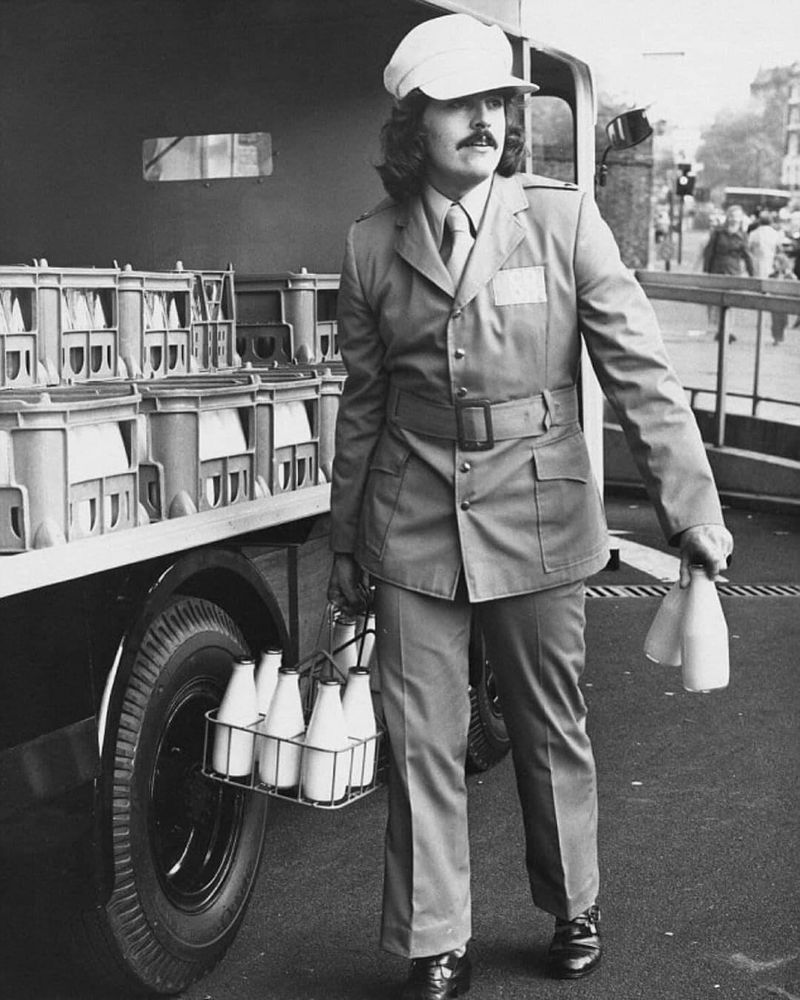
In the 60s, milkmen were a daily sight, delivering fresh milk directly to homes. Their early morning routes were essential for households, as refrigeration wasn’t as advanced.
The milkman would leave glass bottles on doorsteps, often exchanging empty ones for full. This role was not just about delivery; it involved knowing the community and customer preferences.
As supermarkets and improved refrigeration became widespread, the demand for home-delivered milk declined, leading to the eventual disappearance of the milkman. This job reflects a time when personal service was a staple of daily life.
Switchboard Operator
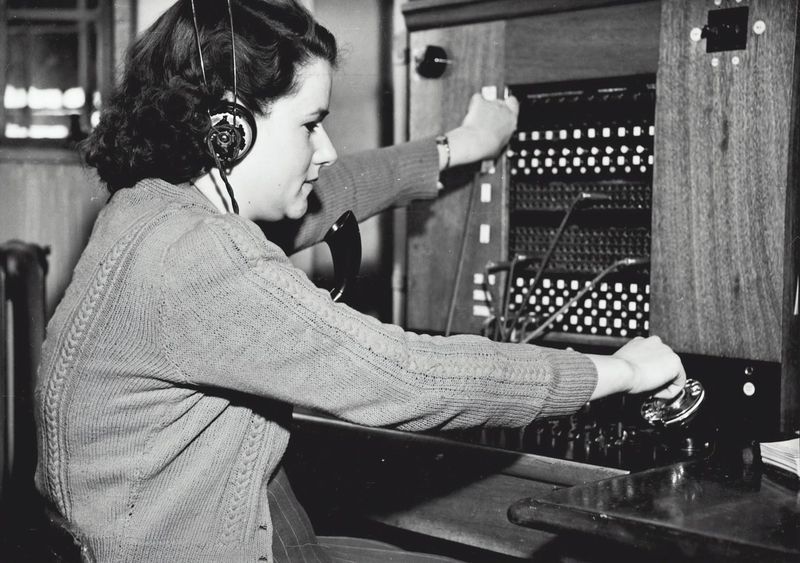
Switchboard operators were vital to telephone communications, manually connecting calls by plugging in wires. Predominantly women, they were the human interface of the phone network.
Operators had to manage multiple calls, requiring quick thinking and excellent customer service skills. Their role was crucial in ensuring communication flowed smoothly.
With the advent of automated systems, the need for manual switchboard operations dwindled, leading to the decline of this profession. It’s a reminder of a time when human touch was integral to technology.
Pinsetter
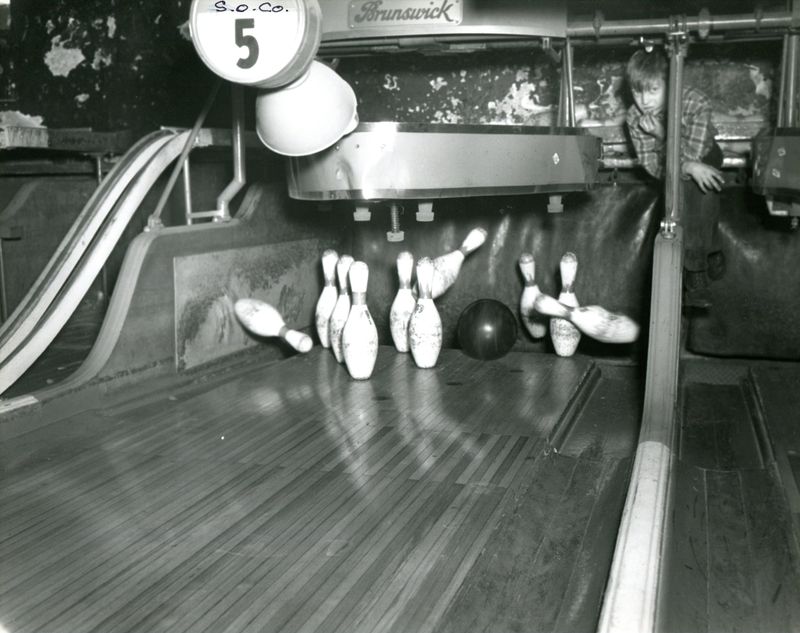
Before automatic machines, pinsetters worked in bowling alleys to reset pins after each roll. Often a part-time job for teenagers, it required speed and agility.
The role involved manually clearing fallen pins and placing them back into position, ensuring games ran smoothly. Pinsetters were an essential part of the bowling experience.
As technology advanced, automated pinsetting machines replaced the need for human pinsetters, turning it into a novelty of the past. It highlights how automation transformed leisure activities.
Elevator Operator
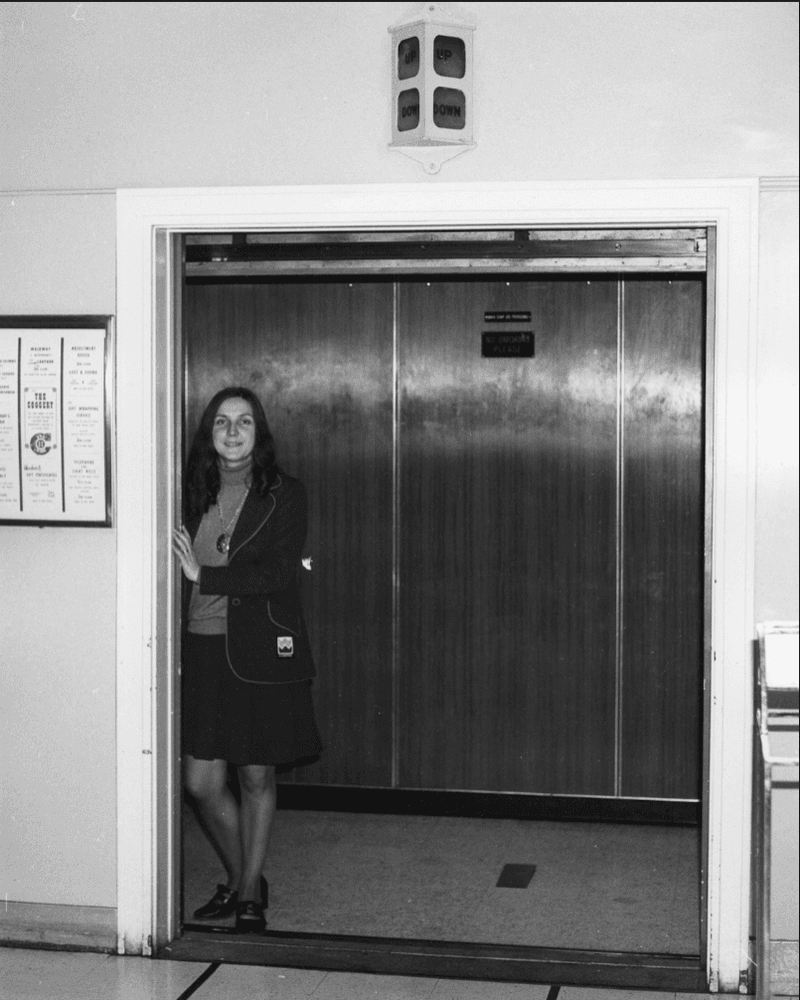
Elevator operators were responsible for manually controlling elevators and ensuring passenger safety. Wearing uniforms, they added a touch of class to buildings.
Operators would navigate floors, assist passengers, and even offer building information. It was a service-oriented role demanding interpersonal skills.
With automated elevators becoming standard, the role of an operator became redundant, marking the end of an era when personal attention was customary even in elevator rides.
Lector
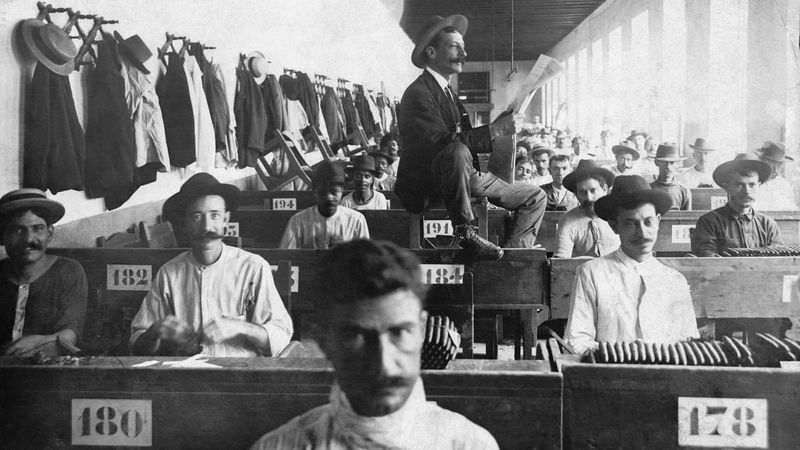
In factories, particularly cigar factories, lectors read newspapers and literature aloud to workers, providing entertainment and education.
This role was both a morale booster and a way to keep workers informed about world events. Lectors were respected figures within factories.
As radios and other media forms proliferated, the need for lectors diminished, and the job faded away. It represents a time when workplaces were more communal and educational opportunities were woven into daily labor.
Typist Pool
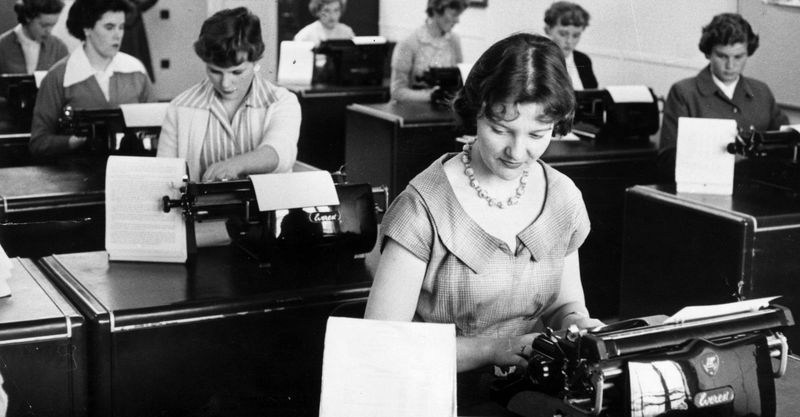
Typist pools were comprised mainly of women who typed documents and correspondence for businesses. Speed and accuracy were critical skills.
These pools were bustling centers of activity in offices, where typists worked tirelessly to meet deadlines. It was a gateway job for many women entering the workforce.
The evolution of computers and word processing software made this role obsolete, transforming office environments and reducing the need for mass typing pools.
Ice Delivery Man
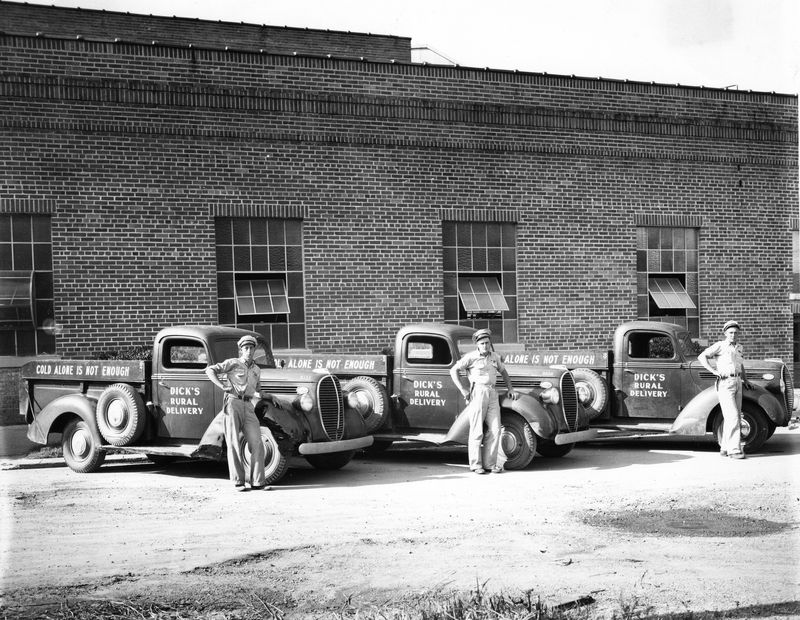
Before refrigerators became household staples, ice delivery men supplied blocks of ice for iceboxes. They were essential for food preservation.
The job involved physically demanding labor, delivering and placing ice in iceboxes. It was a lifeline for families to keep perishables fresh.
As electric refrigerators became common, this once vital service vanished, illustrating the impact of technological advancements on daily life.
Linotype Operator
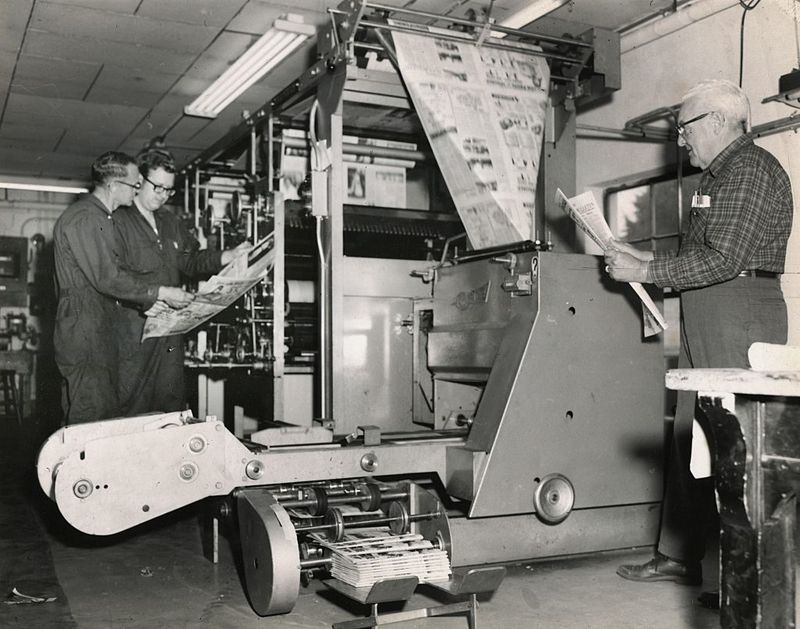
Linotype operators were crucial in the printing industry, using complex machines to set text for newspapers and books.
The job required technical expertise and precision, as operators had to manage hot metal typesetting with care. It was a highly specialized skill.
As digital typesetting and desktop publishing emerged, the demand for linotype operators sharply declined, marking a shift in how information was produced and consumed.
Lamp Lighter
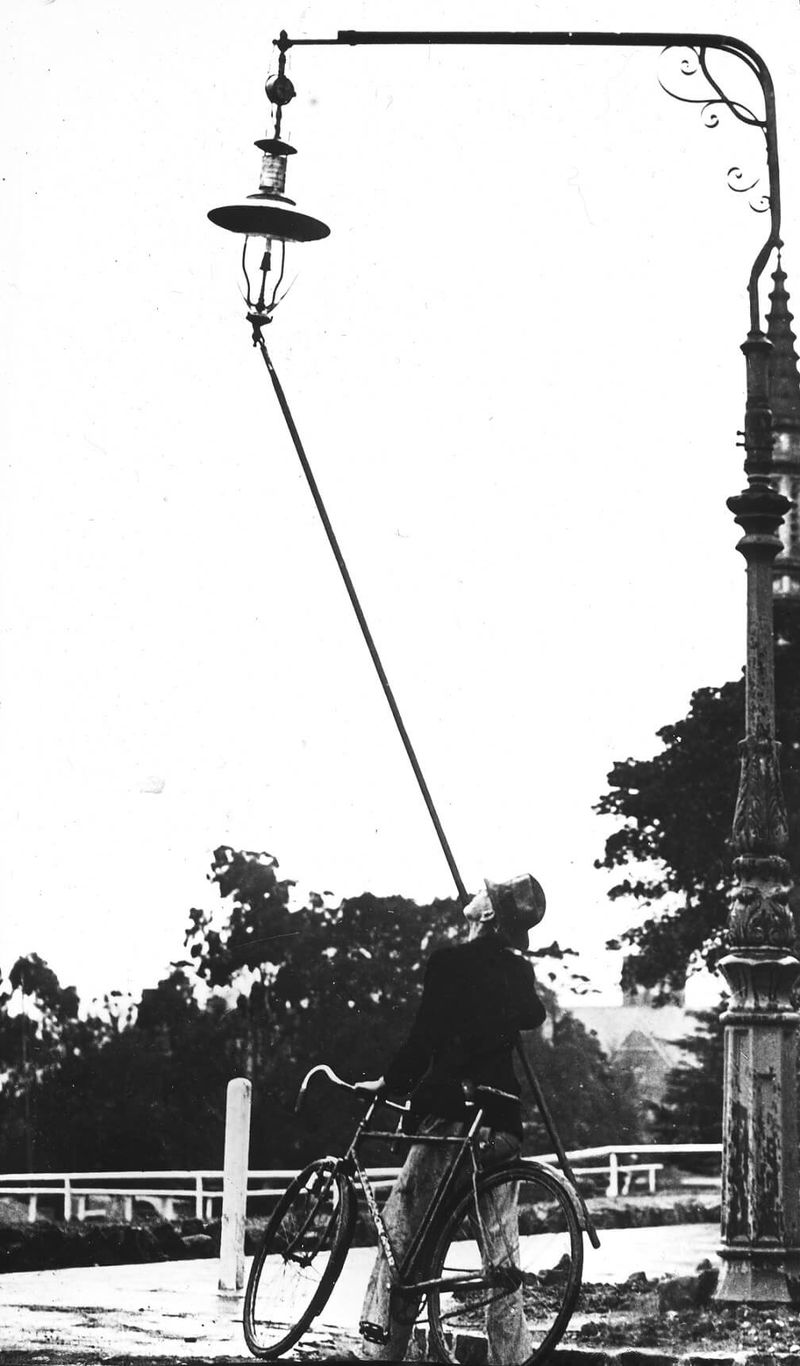
Lamp lighters were responsible for lighting street lamps each evening, ensuring roads were illuminated.
This role required routine precision and dedication as lamp lighters navigated towns to ignite lamps. It was a symbol of community and safety.
With the introduction of electric street lighting, the necessity for human lamp lighters diminished, symbolizing progress in urban living.
Railway Porter
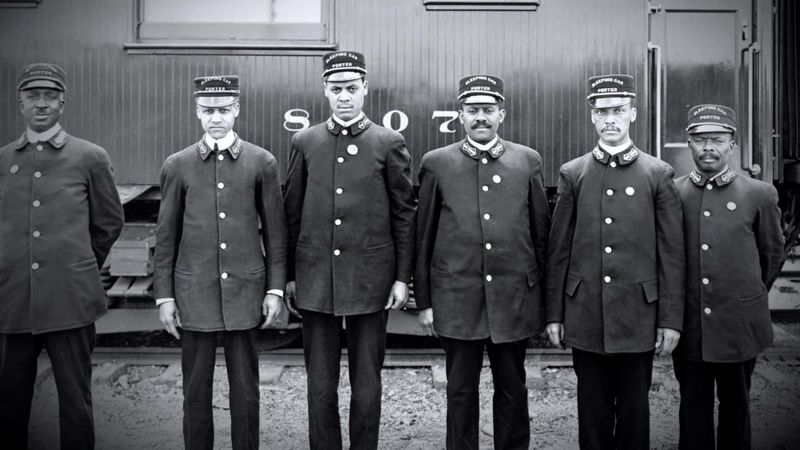
Railway porters provided crucial assistance to train travelers, handling luggage and offering directions.
They were known for their uniformed appearance and friendly demeanor, ensuring passengers had a pleasant journey. Porters were the face of hospitality in rail travel.
As self-service travel options grew and luggage technology advanced, the need for porters decreased, marking the transition to a more independent travel experience.
Telegraph Operator
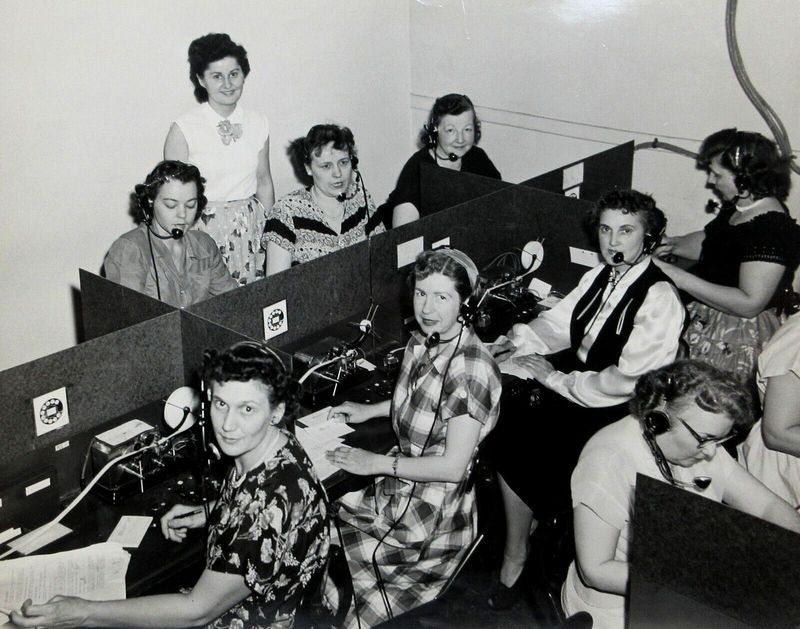
Telegraph operators were essential in communication, transmitting messages across distances using Morse code.
The role required precise timing and concentration, as operators translated messages into electrical signals. It was a pivotal communication method.
With the rise of telephones and digital communication, telegraphy became obsolete, illustrating the rapid evolution of how we connect across distances.
Soda Jerk
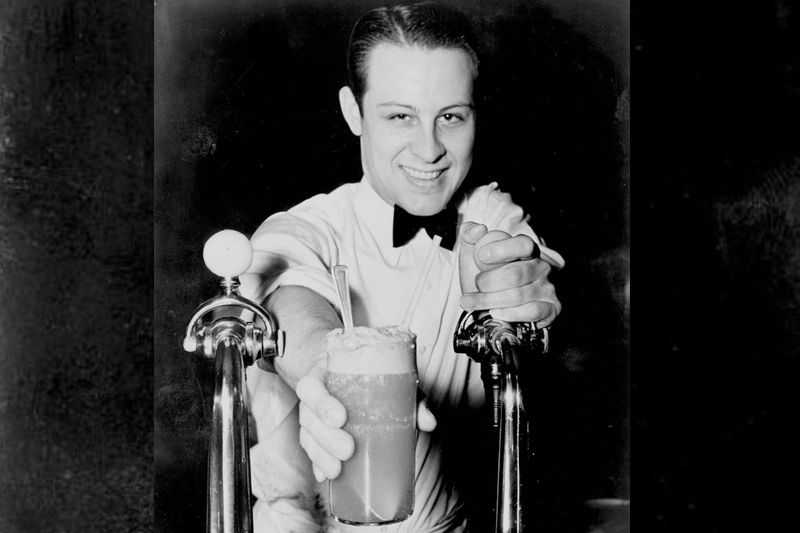
Soda jerks were fixtures in diners, expertly preparing sodas, milkshakes, and sundaes for patrons.
The role involved engaging with customers, taking orders, and crafting drinks with flair. It was a social hub, especially for young people.
As fast food chains expanded and the soda fountain culture waned, the position of soda jerk faded, reflecting shifts in dining trends and social spaces.
Travel Agent
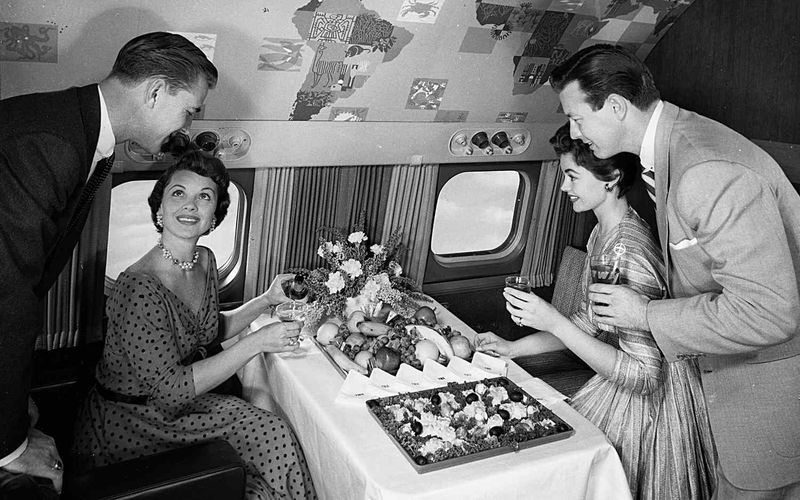
Travel agents were the go-to professionals for planning trips, coordinating flights, hotels, and itineraries.
Their expertise was invaluable in ensuring seamless travel experiences, offering personal insights and recommendations.
With the advent of online booking platforms, the traditional role of travel agents has evolved, highlighting the impact of digital technology on personal services.
Projectionist
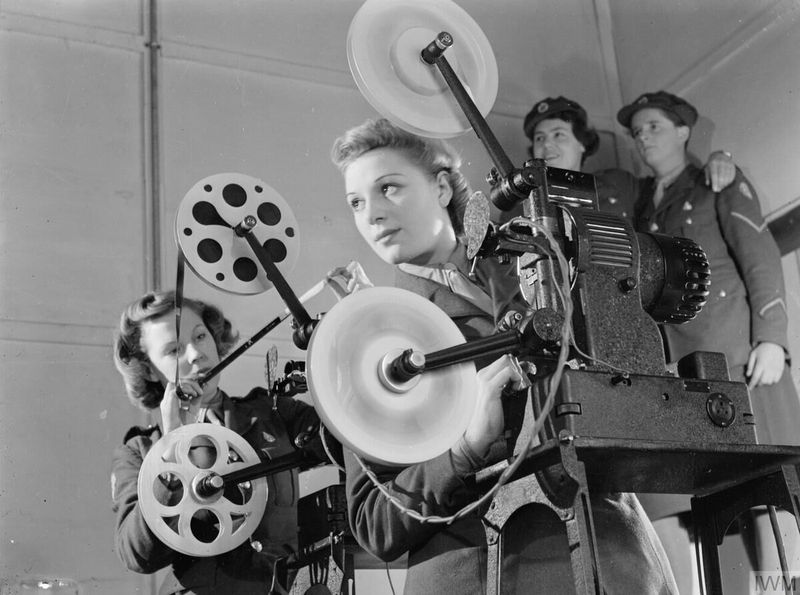
Projectionists were the unsung heroes of movie theaters, responsible for loading and running film reels.
The job required technical skills and attention to detail to ensure seamless film screenings. They controlled the magic of cinema.
With digital technology replacing film, the need for skilled projectionists declined, marking a new era in how audiences experience movies.
Checker at Grocery Store
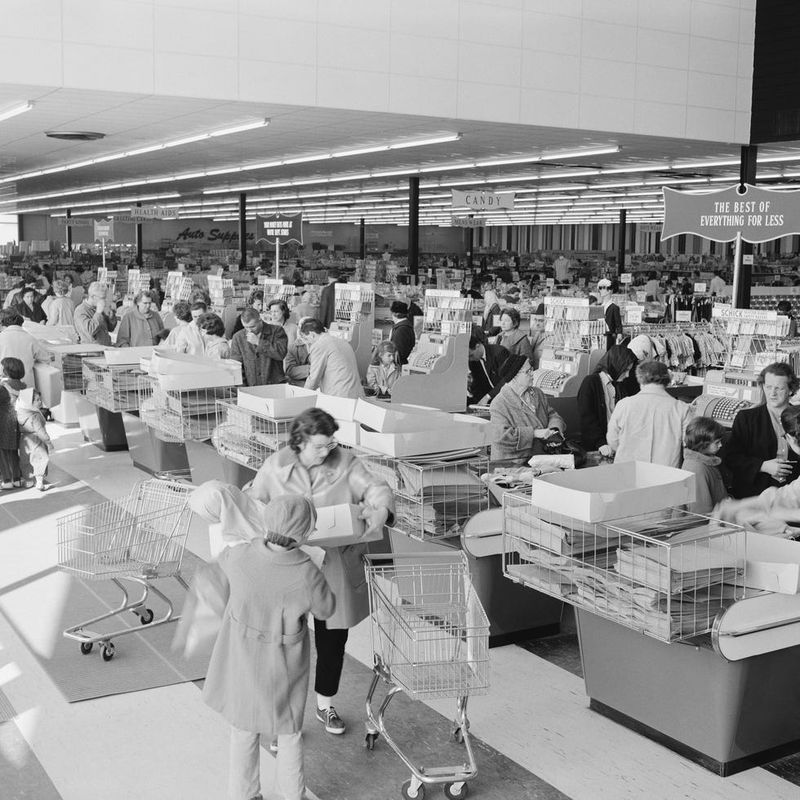
Before digital scanners, checkers manually tallied up purchases, providing a personal touch to grocery shopping.
This role involved accuracy and efficiency, as checkers were responsible for ensuring correct pricing and customer satisfaction.
As technology introduced barcode scanners, the traditional checker role evolved, showcasing the shift towards faster, automated retail experiences.
